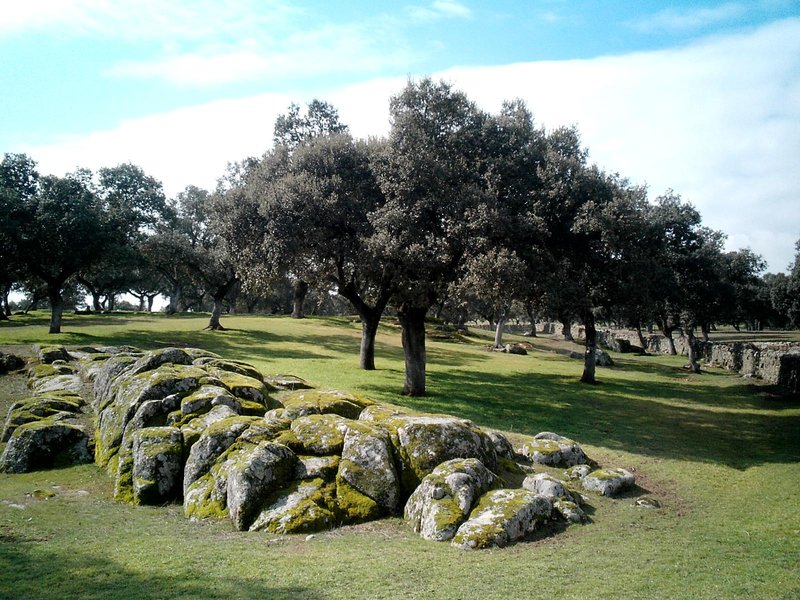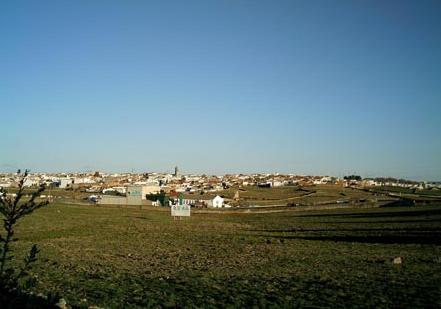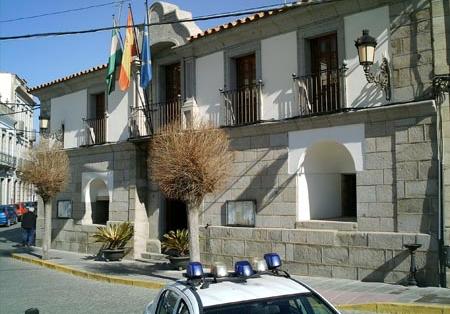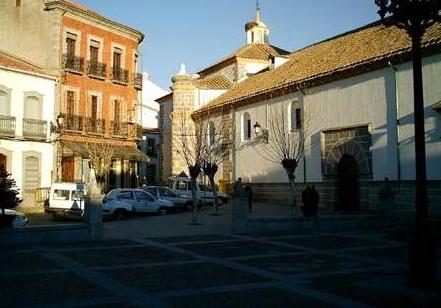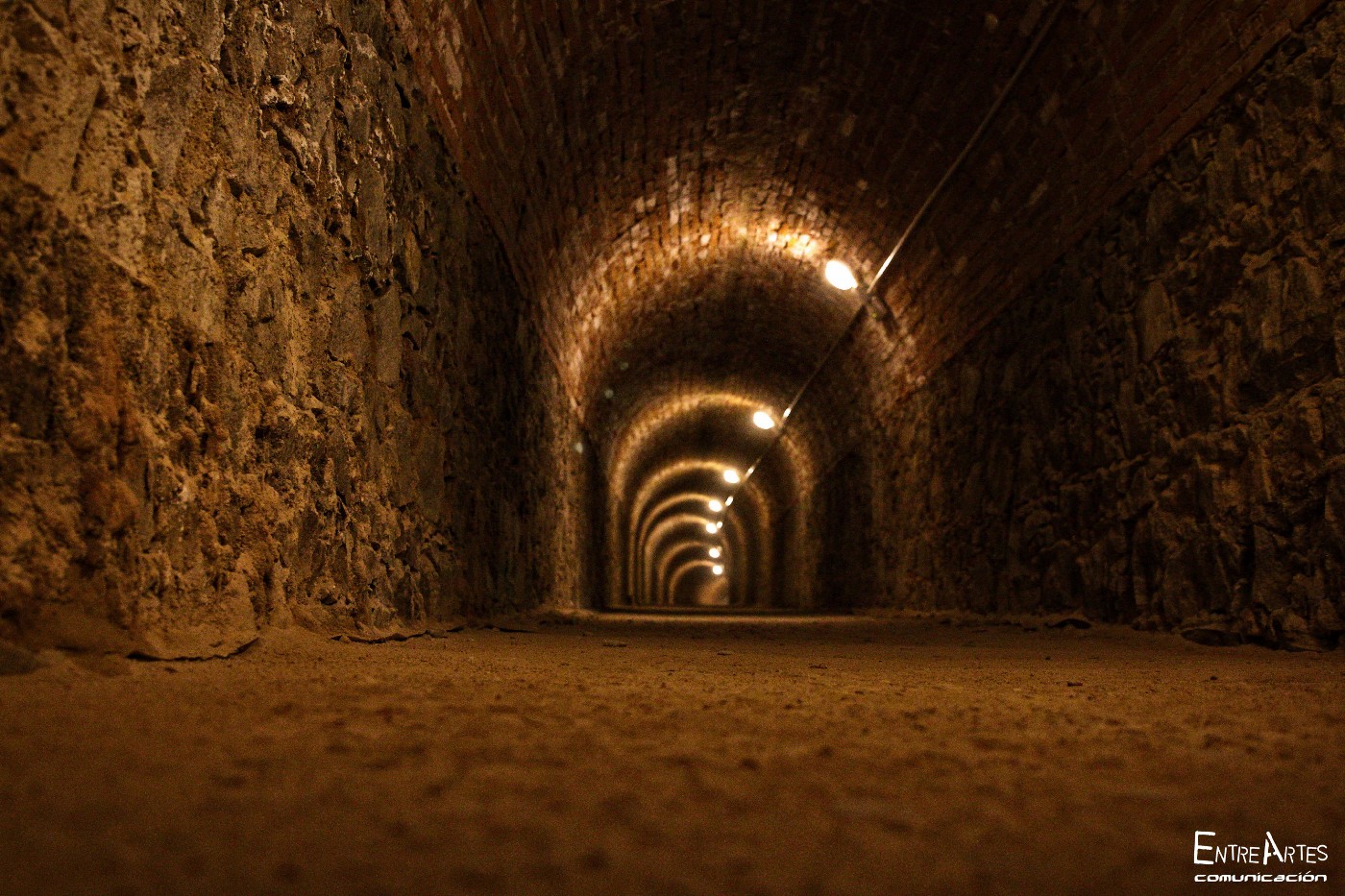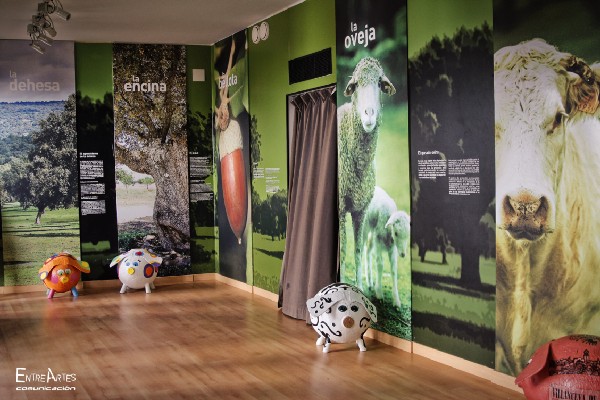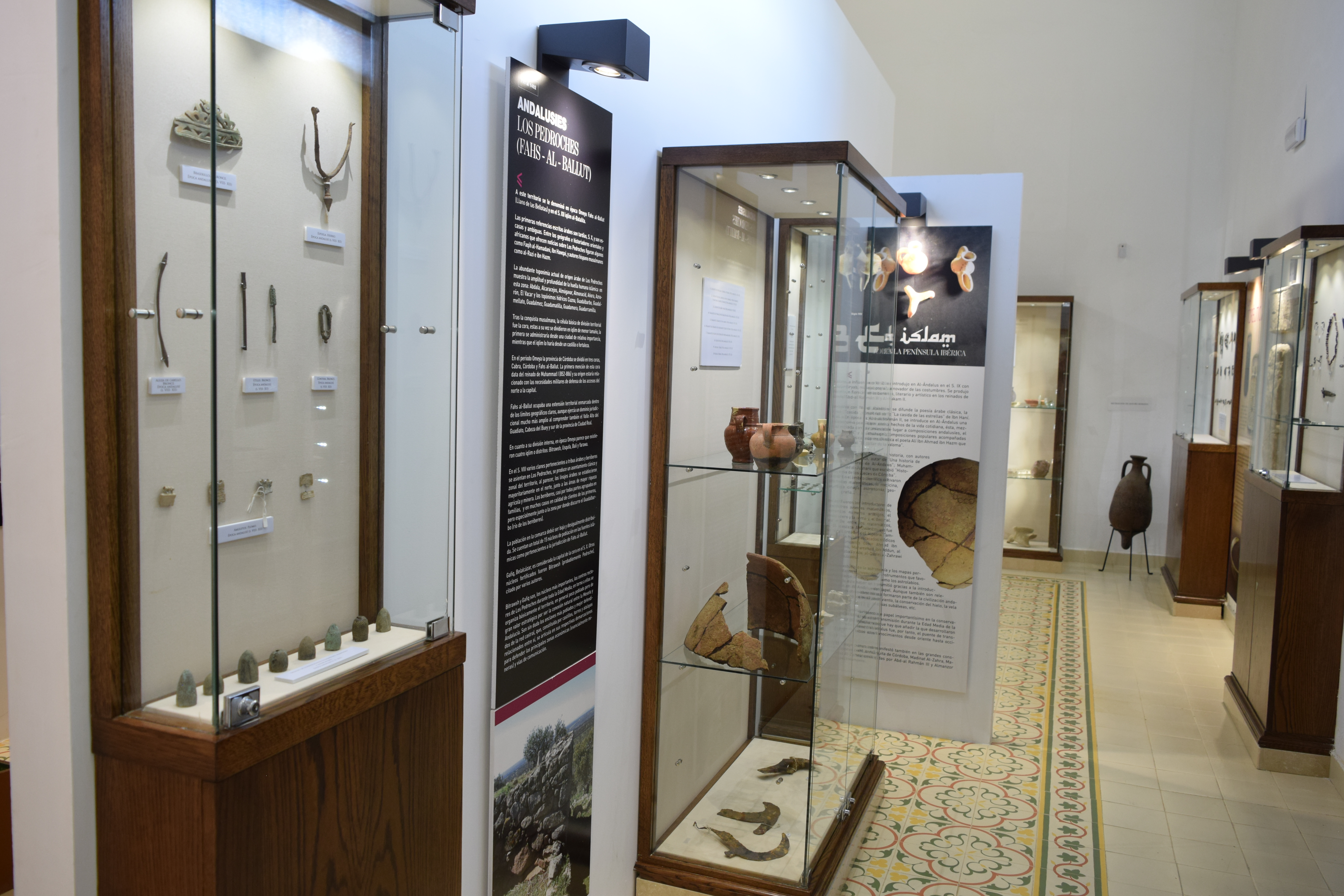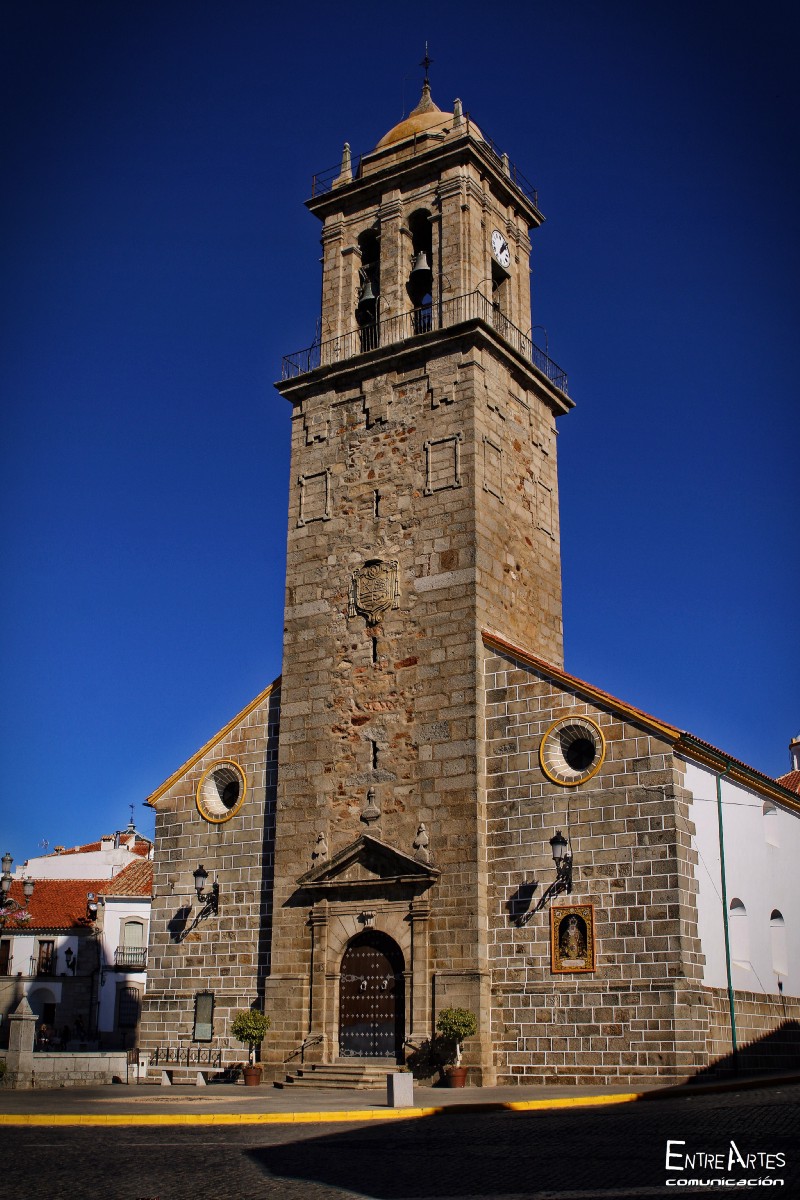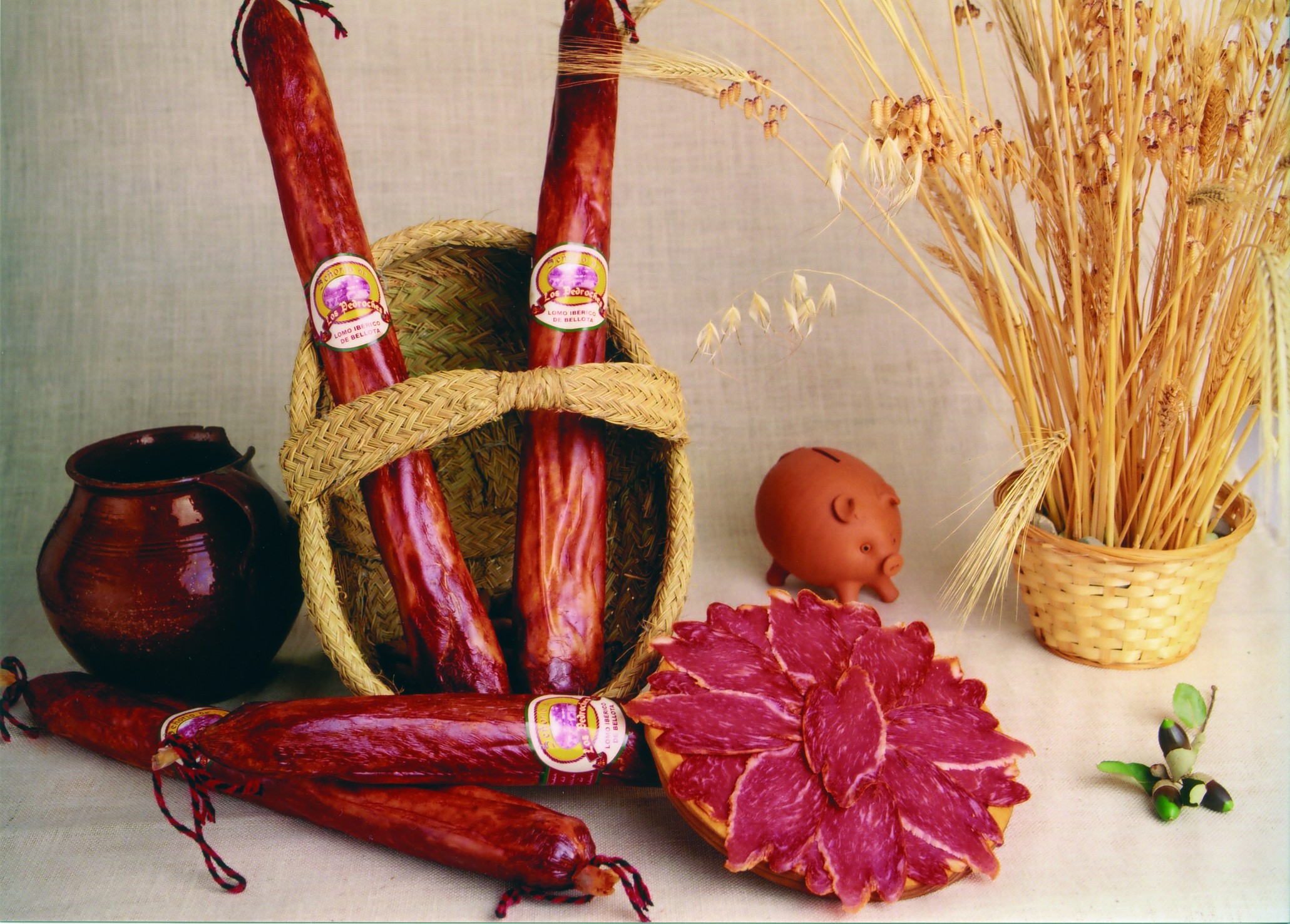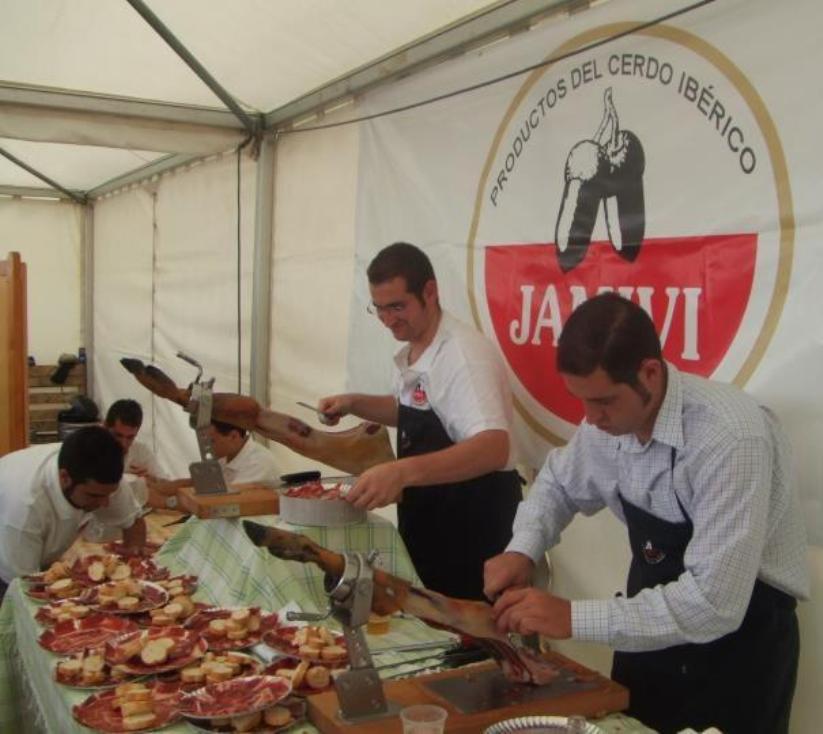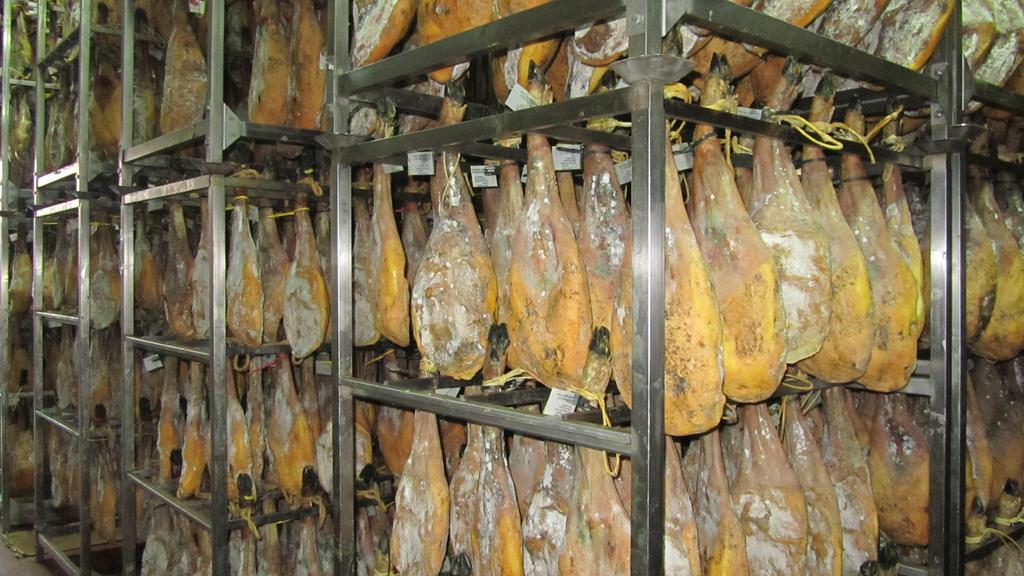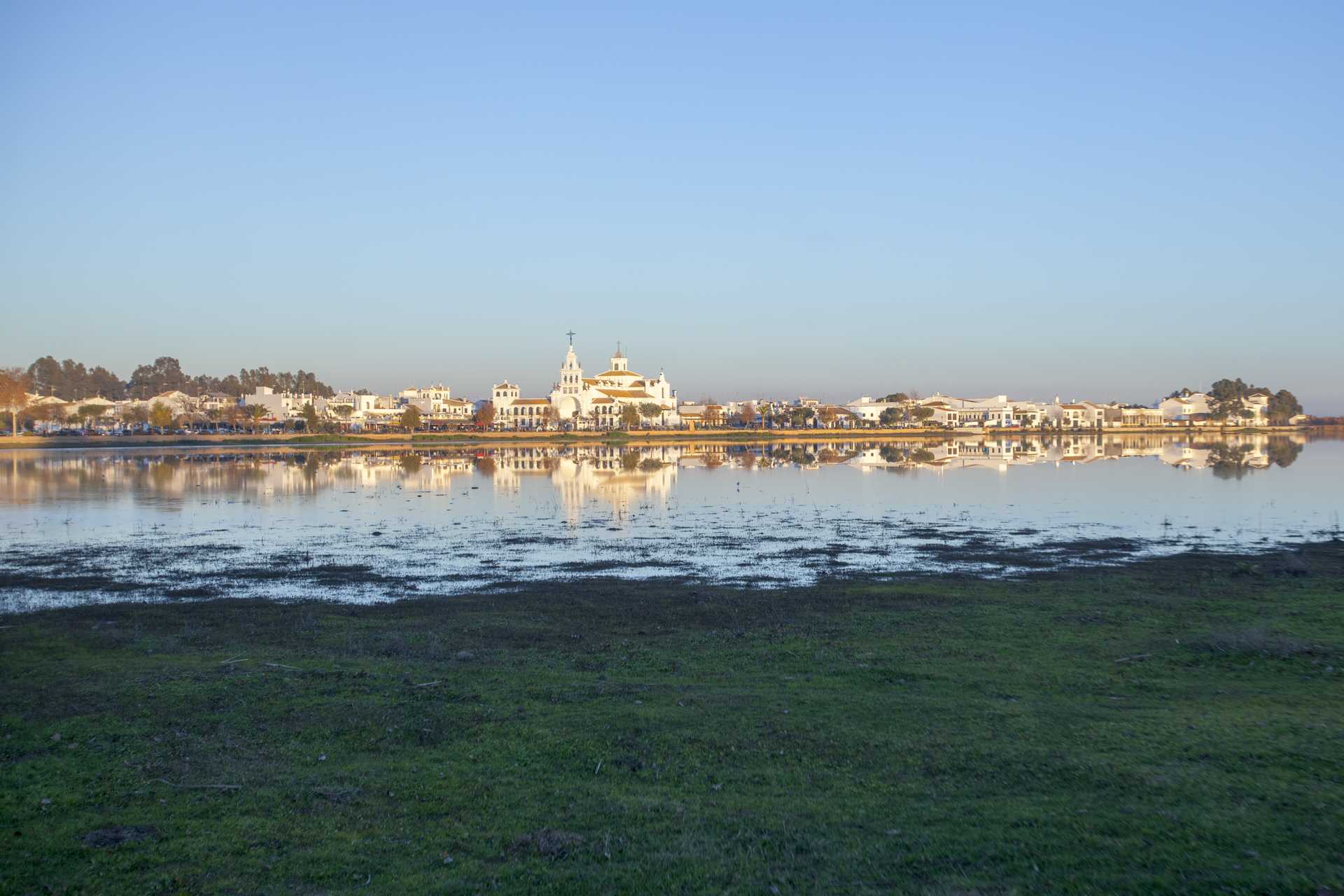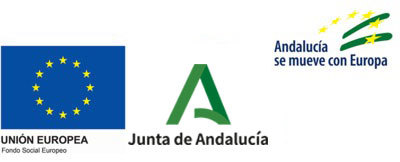Villanueva de Córdoba
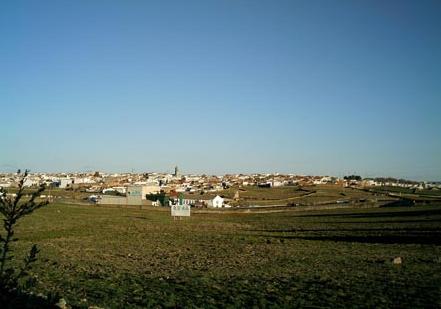
This village is located in the Los Pedroches Valley region, in the north of the province. Most of its terrain is occupied by holm oak pastures which form an ecosystem of great importance both ecologically and economically speaking, since cattle farming requires a carefully-maintained natural environment. The result is a scene of great beauty, with the cows, pigs and sheep contrasting with the green of the meadows and holm oaks.
The village itself, which blends perfectly with its surroundings, features a number of locations of architectural interest: its streets, stately homes, corners, and, above all, the perfect combination of granite, a typical building material in the region, and limestone. Highlights are St. Michael"s Church and the Old Courthouse.
History
The present-day name of this village appeared at the end of the 15th century, when the name by which it had been known since the beginning of the same century -Encinaenana, an allusion to the presence of holm oaks in the AREA- was replaced by Villanueva de Cordoba, corrupted on occasions to Villanueva de la Jara due to its proximity to the pastures of the same name.The municipal AREA is rich in prehistoric cultural remains, the highlight being the megalithic graves, in terms of both their abundance and their shape.
The modern-day location of the village is close to the site once occupied by the Roman town of Solia.
In 1345, a plague hit the village of Pedroche, forcing residents to flee in search of new settlements nearby. One of these villages, created early in the second half of the 14th century, was Villanueva de Cordoba.
When Ferdinand III awarded two villages and castles belonging to Pedroche to the Chapter of Cordoba in 1242, it is clear that Villanueva was part of the territory of the former.
Between 1552 and 1553, Charles V, in return for services rendered, granted Villanueva independent village status, and it ceased to be subject to the jurisdiction of Pedroche. In 1560, control of the village fell into the hands of the Marquis of El Carpio.
When Philip IV put the communal pastures of the valley"s villages up for sale, Villanueva was obliged to buy its part. In 1724, the village was involved in the demarcation of the boundaries of the Seven Villages of Los Pedroches, and, finally, in 1747 the jurisdiction of the Marquis of El Carpio over the village came to an end, with control returning to the Crown.
Eminent citizens
Antonio Garcia Copado, poet (1914-1991).
Juan Ocaña Torrejon, historian and chronicler (1894-1988).
Juana Castro, writer (1945).
Bernardo Moreno Pedrajas (1745-1818).

- Max 9
- Min 6
- Max 48
- Min 42
- °C
- °F

